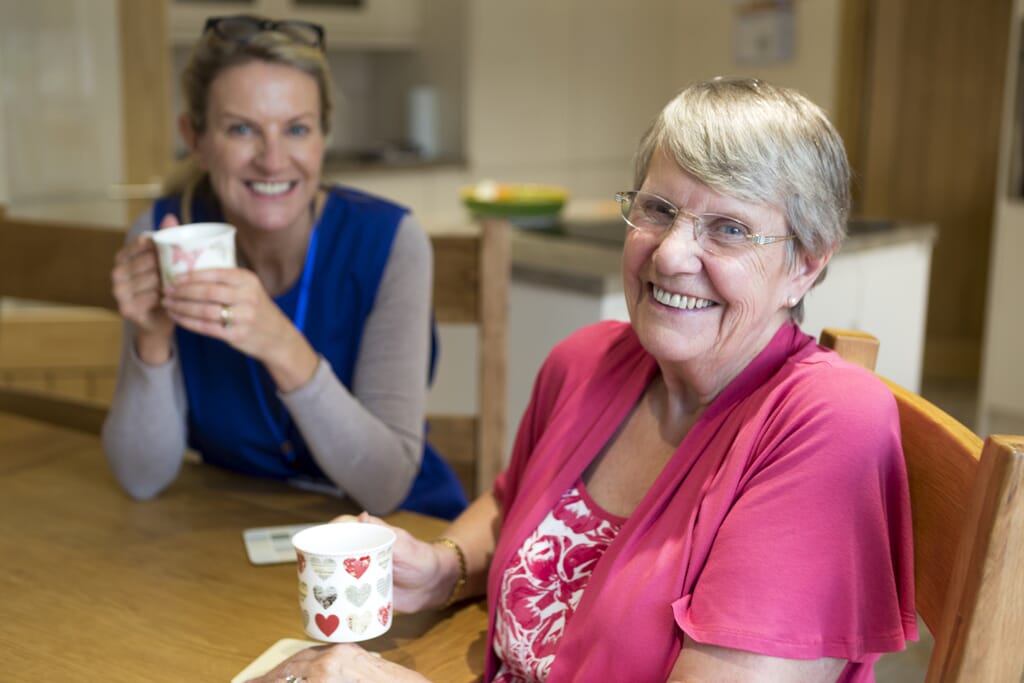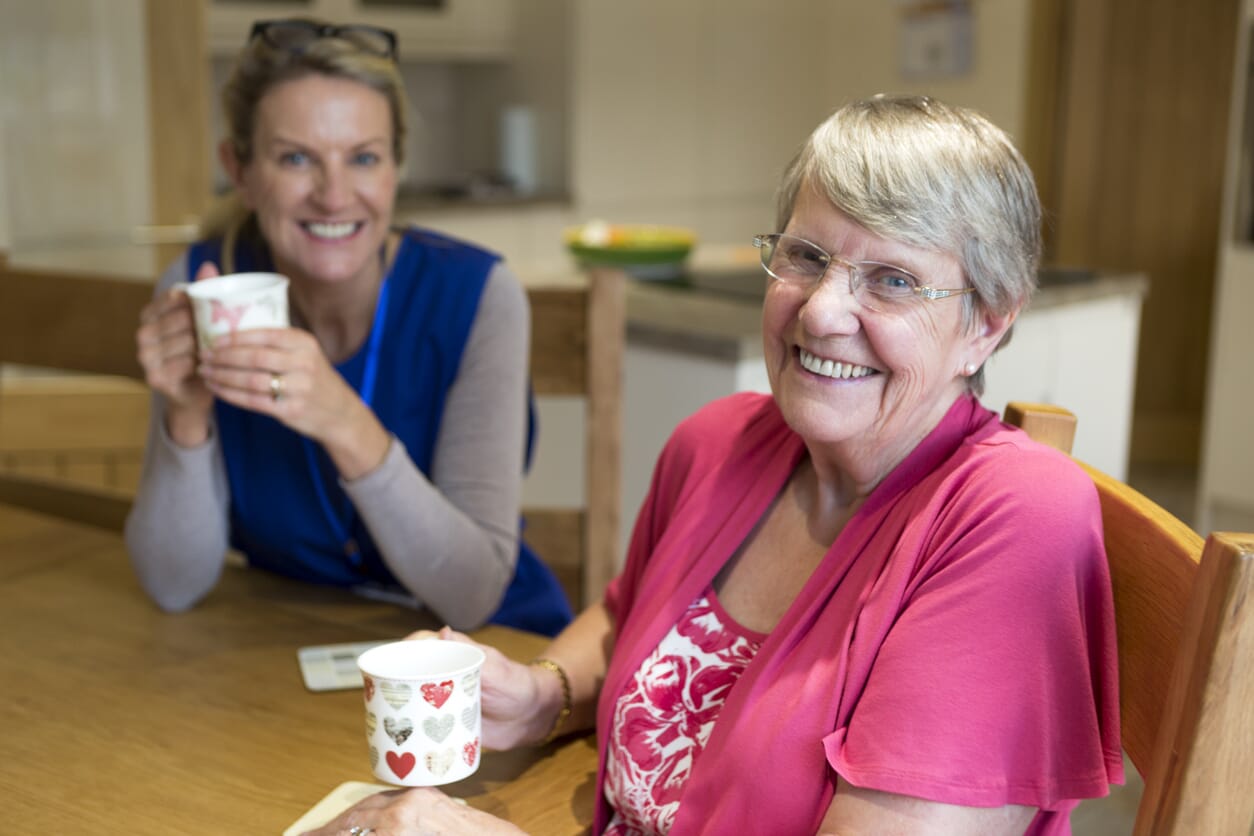Call: 01242 383 773 Or Email us

Child Care
Will social services fund live-in care?

In the UK, funding for live-in care can vary depending on your own personal circumstances and where you live. To see if social services will fund your live-in care, you will need to apply to your local council in the first instance.
What is live-in care?
Live-in care is a form of home help which is flexible depending on your need. Having care at home can make a huge difference to your quality of life, especially if you prefer to stay in familiar surroundings rather than go into a care home.
Trained carers will come to your home and offer you the support you need. For some this may be temporary care, for example if you’re recovering from injury or illness, while for others this might be 24-hour care whereby someone lives in your home.
Why choose live-in care?
Live-in care is a good option if you want to maintain some sort of independent living. If you have an active social life or are involved in your community, if you have pets at home, or friends and family nearby, live-in care can allow you to continue enjoying these things while adding to your support network.
What does a live-in carer do?
Live-in caregivers offer services that help you with your daily activities, such as medication management, preparing meals and assisting with trips and visits. These are the sorts of things a live-in carer could help you with:
- getting out of bed in the morning
- washing and dressing
- brushing your hair
- using the toilet
- preparing meals and drinks
- remembering to take your medicines
- doing your shopping
- collecting prescriptions or your pension
- getting out, for example to a lunch club
- getting settled in the evening and ready for bed
It is important to note that a live-in carer also provides much-needed companionship which can be beneficial for mental health and wellbeing.
How much does live-in care cost?
The cost of live-in care can vary depending on your circumstance. According to the NHS website: “Help at home from a paid carer costs around £20 an hour, but it varies according to where you live. Sometimes, the council will contribute to the cost.”
It will also depend on whether you employ a freelance carer or choose to employ a carer through a specialist recruitment agency like SafeHands Healthcare, which specialises in placing live-in carers with clients.
How social services decide to fund live-in care:
1. Individual Needs Assessment
To ascertain whether social services can help you with homecare, start by asking your council for a needs assessment. This will be an hour-long assessment where a social worker or an occupational therapist will ask you how you’re managing everyday tasks like washing, dressing and cooking. They might ask you how you cope with things like making a cup of tea or getting out of a chair. This will allow social services to work out what kind of home care might be best for you.
2. Financial Assessment
To work out if social services will contribute towards your live-in care, you will need to undergo a means test or financial assessment. This looks at how much money you have in earnings, savings, pensions, benefits and property. According to the NHS: “In England, the council generally helps to pay for care costs if you have savings less than £23,250. From October 2025 this will rise to £100,000 in savings.”
This means that depending on your circumstance, you may be required to pay for some or all of your care. The more money you have, the more you’ll be expected to pay. The financial assessment is free and happens after a needs assessment or carer’s assessment.
How social services fund live-in care
If you’re eligible for funding from social services to pay towards the cost of your live-in care, you’ll receive a personal budget to spend on support. This can be paid in different ways:
- Direct Payment
- The funds are paid directly to you so you have more flexibility about choosing and arranging your care and support.
- Managed by the Council
- Your council will arrange all your care and support for you, based on your agreed care plan.
- Paid to an Organisation
- You can choose an organisation, such as a care provider, to arrange your live-in care and support.
Whether social services in the UK will fund live-in care depends on an individual’s specific circumstances, care needs, and financial situation. While live-in care is an attractive option for many who wish to remain in their homes, the availability of funding varies across local authorities. If you’d like more advice about whether you might be eligible for funding from social services, do get in touch with one of our home care experts at SafeHands. We have a wealth of knowledge about the home care industry and the costs involved and can work out a cost plan that’s tailored to your needs.




